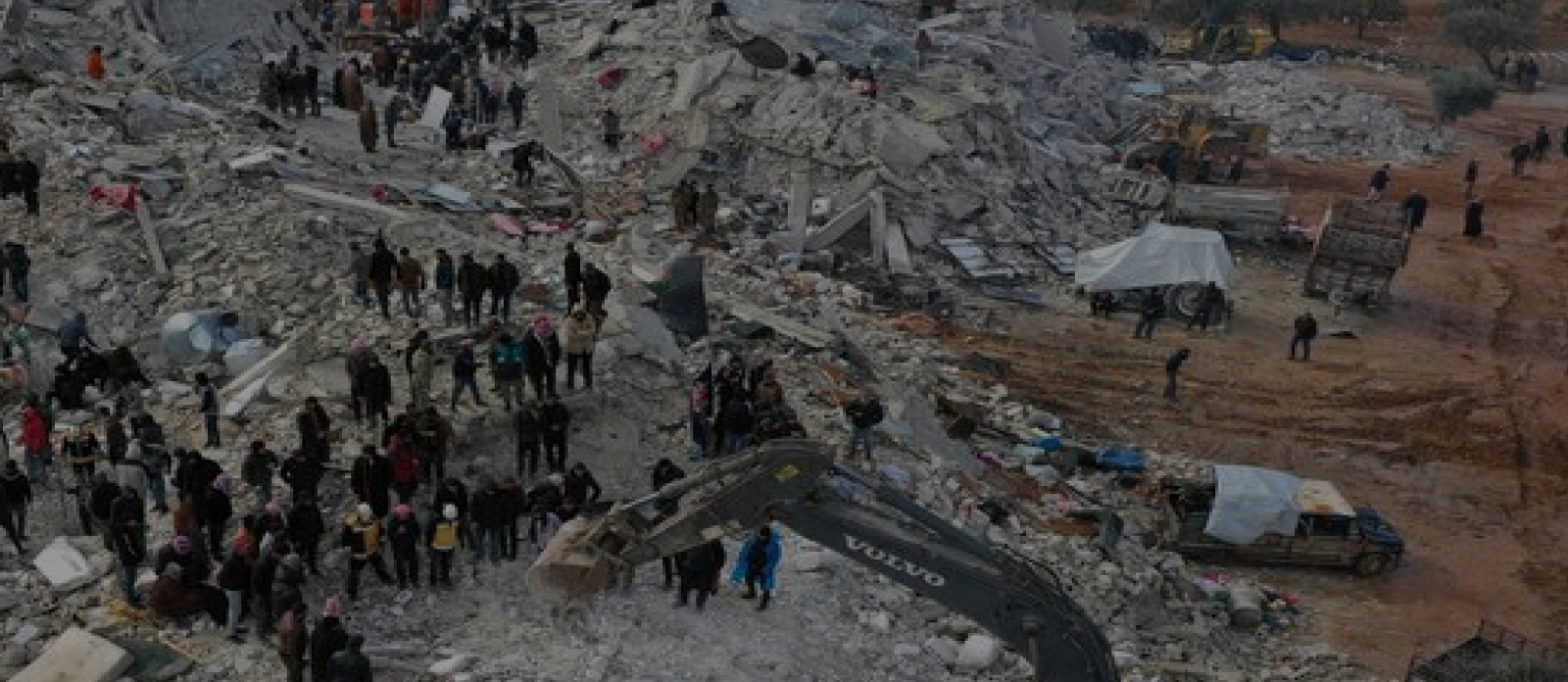DEC TURKEY-SYRIA EARTHQUAKE APPEAL
Together with local partner organisations, needs your support to reach people affected by the earthquakes in Türkiye (Turkey) and Syria
Snapshot
When disaster strikes around the world, we move quickly with our partners to provide people with the assistance they need to survive –clean water, sanitation facilities, food, health and nutrition advice and shelter.
Oxfam is responding to more than 25 emergency situations worldwide at any given time. Once the immediate danger has passed, we work to rebuild lives and reduce the risk of future disasters.
Lorem ipsum dolor sit amet, consectetur adipiscing elit. Sed quis porttitor diam, vitae congue erat. Nullam sit amet nisl dictum, tempor arcu sed, laoreet sapien. Proin ut justo sit amet massa volutpat egestas ac vel risus.
How you can help

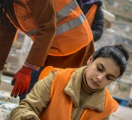
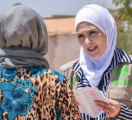
Impact of the latest earthquake
A new earthquake, two weeks after the first, has caused further physical damage and psychological trauma.
The epicentre was in one of Oxfam-KEDV’s working areas. We have heard from colleagues in the area that buildings that were in precarious positions before this most recent earthquake have collapsed. People have been killed, likely more than the official reported numbers.Hospitals were evacuated as a precaution against a possible tsunami, which, thankfully, did not occur.
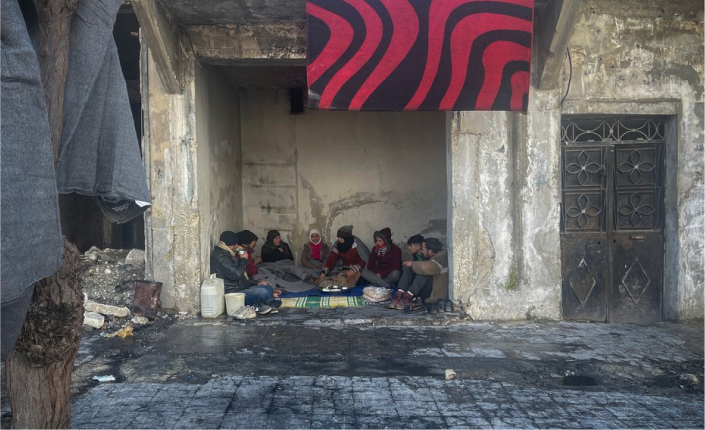
"The scale of destruction is vast. Following two big earthquakes and over 60 aftershocks, people are still in shock and fear, they don't even have time to mourn the lost ones."
Meryem Aslan, Oxfam spokesperson in Ankara.
What's happening in Turkey and Syria
In the early hours of 6 February, a 7.8 magnitude earthquake hit Türkiye (Turkey) and Syria, followed by another earthquake soon afterwards. Many thousands of people have been killed. Survivors who have been forced to flee their homes are now facing freezing temperatures.
These are the worst earthquakes to strike Türkiye (Turkey) in nearly 100 years. They have devastated a region where large refugee communities were living in tough conditions. The severe and continuous shocks from the earthquakes have reached cities in Syria like Aleppo, Latakia, Hama and Idlib where the humanitarian need is at its highest since brutal conflict began 12 years ago.
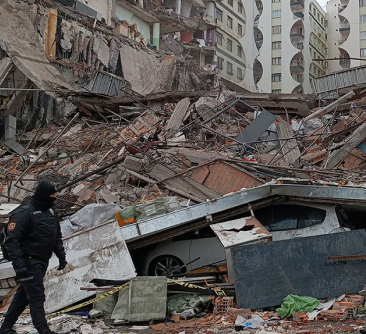
The story of Ali Dalmen, his wife Betul and their four children, from Gaziantep, Turkiye.
While describing his experience in the earthquake, Ali tells us that he and his family jumped from their beds in the early hours of February 6th:
They ran outside without any shoes or extra clothing. It was snowing, but they stayed outside for a while and put the children in a car. It was so cold that the then-13-day-old baby Irmak got sick, so the family drove the 30 km to the shelter.
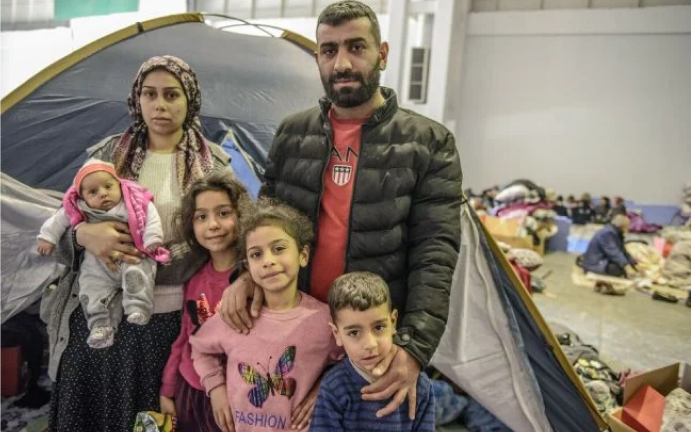

Inequality in a crisis
Social inequalities show up starkly in disasters, with the most marginalised worst hit. The earthquakes will have deepened risks already facing women, children, older people, LGBTQIA+ people, people with disabilities and people with refugee status – those often unseen, unheard, and most excluded from society.
And it’s the voices of communities affected which are too often ignored when dealing with a crisis. They know best about what’s needed – from survival to recovery, to speaking out against underlying causes that makes them so vulnerable when disaster strikes.
Oxfam KEDV and Oxfam in Syria have been working on gender inequality for years. With KEDV rooted in women’s movements, and the team in Syria having a strong gender justice team, this experience and focus is a vital part of our response.
No valid YouTube video ID provided.
Question 1
We continue to advocate for greater investment in the Aboriginal and Torres Strait Islander community controlled health sector.
Question 2
We continue to advocate for greater investment in the Aboriginal and Torres Strait Islander community controlled health sector.
Question 3
We continue to advocate for greater investment in the Aboriginal and Torres Strait Islander community controlled health sector.
Question 4
We continue to advocate for greater investment in the Aboriginal and Torres Strait Islander community controlled health sector.
Question 5
We continue to advocate for greater investment in the Aboriginal and Torres Strait Islander community controlled health sector.
Donec commodo arcu quis pharetra maximus. Donec accumsan est eget mauris aliquet accumsan. Vestibulum sodales vel nunc id venenatis. Nam volutpat mattis felis, varius commodo massa tempus scelerisque. Nunc accumsan dolor et congue bibendum. Praesent vehicula, diam ultrices tincidunt varius, sapien nibh sagittis magna, eget imperdiet diam leo nec nisi. Maecenas viverra turpis non libero egestas, rhoncus luctus nulla porta. Aliquam molestie mauris et orci pharetra varius. Nunc ut mauris ac lectus consequat tristique. Cras finibus fringilla ipsum sed malesuada. Fusce vel accumsan ligula. Donec vitae varius nulla.
Aliquam erat volutpat. Proin sodales tincidunt pharetra. Aliquam vitae dolor nibh. Aenean finibus, tortor in hendrerit posuere, libero purus egestas diam, et porta lorem ante at lacus. Phasellus non ex fringilla, sollicitudin tortor id, pretium dolor. Vestibulum faucibus pulvinar enim. Nunc vel elementum nibh. Etiam ut risus in ipsum pharetra iaculis. Cras dignissim nisi a aliquam fringilla. Sed lectus neque, semper maximus finibus vel, feugiat a ex.
Aliquam erat volutpat. Proin sodales tincidunt pharetra. Aliquam vitae dolor nibh. Aenean finibus, tortor in hendrerit posuere, libero purus egestas diam, et porta lorem ante at lacus. Phasellus non ex fringilla, sollicitudin tortor id, pretium dolor. Vestibulum faucibus pulvinar enim. Nunc vel elementum nibh. Etiam ut risus in ipsum pharetra iaculis. Cras dignissim nisi a aliquam fringilla. Sed lectus neque, semper maximus finibus vel, feugiat a ex.
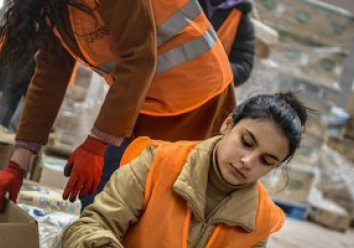
No valid YouTube video ID provided.
